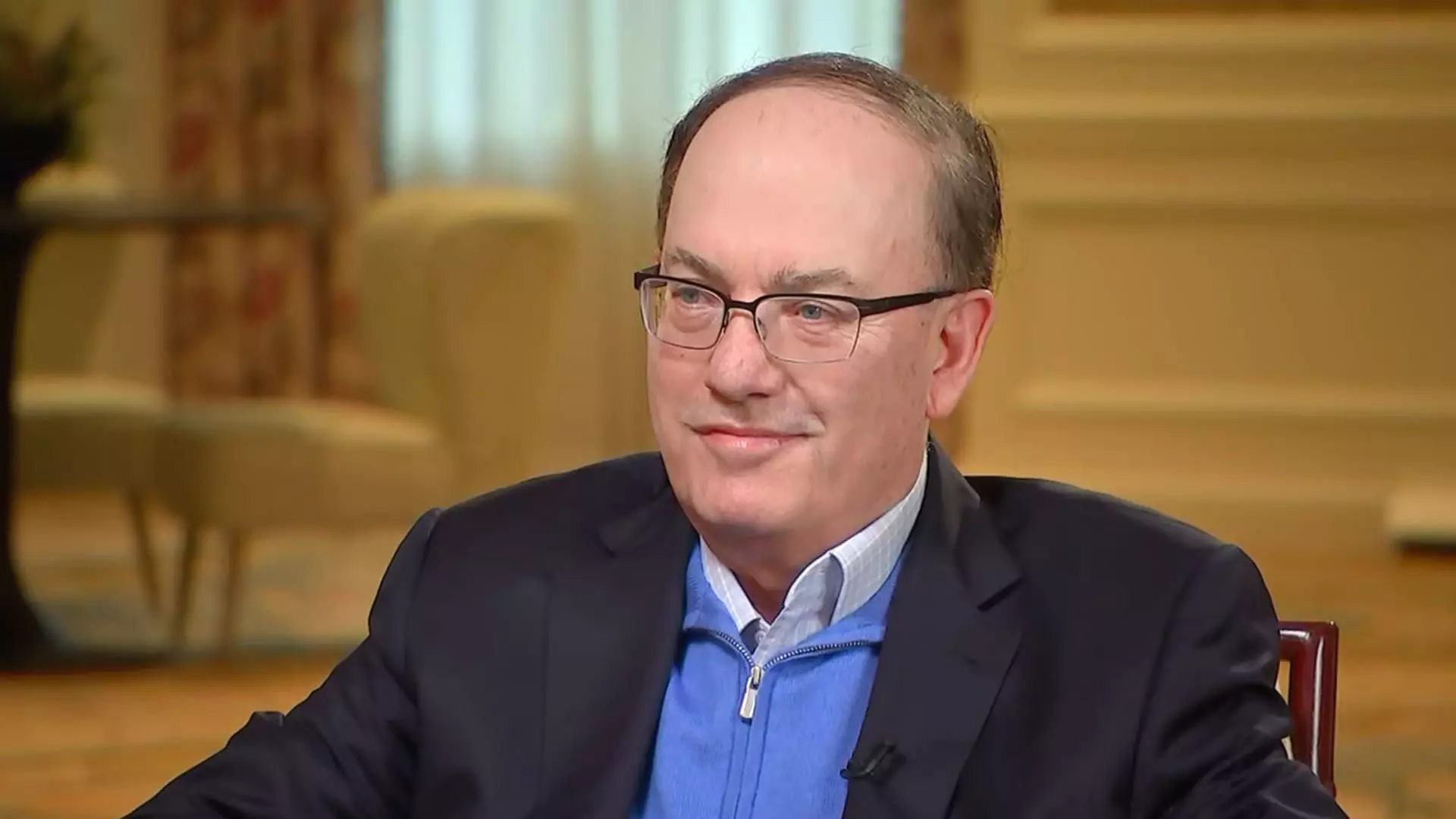Billionaire investor Steve Cohen recently shared his pessimistic outlook on the state of the U.S. economy, igniting discussions among financial analysts and investors alike. Cohen, who serves as chairman and CEO of hedge fund Point72, has explicitly voiced his concerns over governmental policies such as aggressive tariff implementations, stringent immigration regulations, and cuts in federal spending—actions attributed to what he describes as the “Department of Government Efficiency.” This combination of factors paints a troubling economic picture, raising questions about potential inflationary pressures and diminished consumer spending.
Cohen has articulated a clear stance on tariffs, labeling them as detrimental to economic health. During his speech at the FII Priority Summit in Miami Beach, he noted that tariffs function as a tax on consumers, inevitably pushing prices upwards. His concerns extend further to the impact of immigration policies on the labor market. With reductions in immigration flow, Cohen argues that the labor force’s growth may stagnate, hindering economic expansion in ways that contrast sharply with the rapid growth observed over the past five years.
The hedge fund manager also criticized cost-cutting measures proposed by influential figures like Elon Musk, particularly those aiming to slash federal spending by $2 trillion. Cohen warned that such significant reductions could lead to a contraction in economic activity. With money previously circulating through the economy now at risk of disappearing, the potential for negative repercussions is considerable. He emphasized that the overall economic environment could suffer from these cuts, worsening the existing challenges faced by the labor market and consumer confidence.
As a seasoned investor, Cohen’s insights extend to predictions about stock market performance. He has hinted at the seriousness of the current macroeconomic climate, suggesting that a market correction might be on the horizon. Initially optimistic about growth prospects, Cohen has downgraded his expectations for economic growth from 2.5% to a mere 1.5% in the latter half of the year. According to him, although there may be a transitional period, the best stock market gains have likely already been realized, raising the specter of a significant pullback.
In essence, Cohen’s observations point to a critical inflection point for the U.S. economy. He expresses a belief that economic conditions are shifting, and while this may not indicate a long-term downturn, it certainly signals a period of adjustment. Investors may find themselves navigating a landscape markedly different from that of previous years, where rapid growth and high market returns were the norms. As Cohen articulates these sentiments, it becomes increasingly apparent that stakeholders in the economy must remain vigilant and adaptive in response to these ongoing changes.

